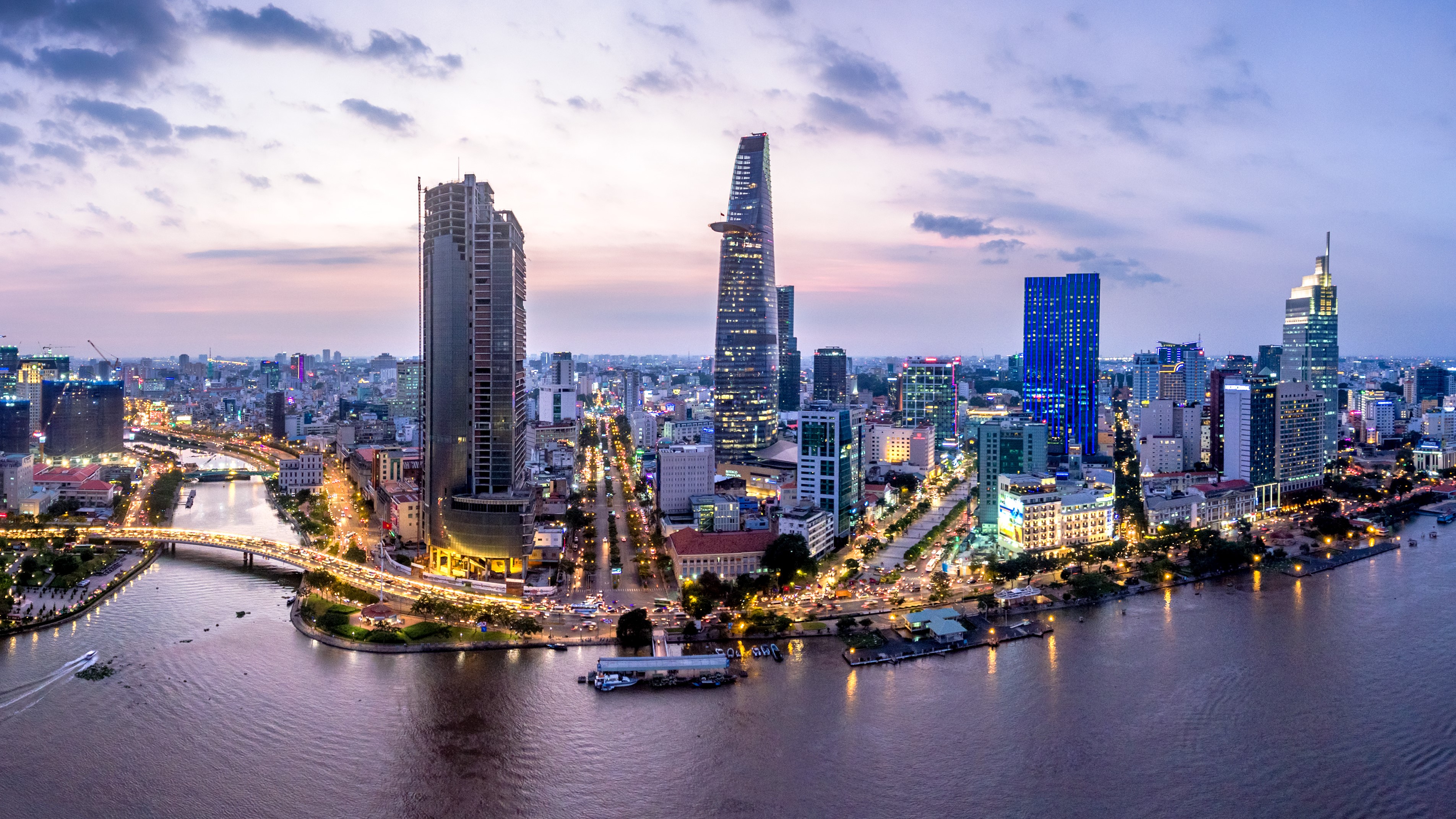Digital trade
Digital trade to grow 18-fold to reach US$172 billion in Indonesia by 2030
Published 12 February 2019 | 4 minutes read
The Hinrich Foundation released the Indonesia report, titled “The Digital Komodo Dragon: How Indonesia can capture the digital trade opportunity at home and abroad,” on February 12, 2019.
Digital trade will be the biggest contributor to Indonesia’s economy by 2030 as it will help in increasing and diversifying the export base and promote the local firms to leverage digital technologies across every sector of the economy.
In 2017, the economic value of digital trade-enabled benefits to the Indonesian economy is estimated to be worth US$9 billion, which is equivalent to 0.9 percent of its GDP, according to a report by the Hinrich Foundation, titled “The Digital Komodo Dragon: How Indonesia Can Capture The Digital Trade Opportunity At Home And Abroad”.
The report states that if digital trade is fully leveraged, it is estimated that the value of Indonesia’s domestic sectors could grow by more than 18-fold to reach US$172 billion by 2030.
The digital export accounted for US$2 billion in 2017 and this could grow by 768 percent to reach US$18 billion by 2030. The country has been rushing to develop regulations for the digital economy. One of the promising reforms has been to raise the de minimis thresholds on inbound shipments.
The country’s e-commerce market is expected to be the biggest at $53 billion or 41 percent growth for 2015-2025, according to Google – Temasek e-economy SEA 2018. The e-commerce market in the country has been booming as 47 percent of the total population use smartphones with screen time of almost four hours a day.
However, the proposed data localization requirements and the imposition of customs duties on digital imports could significantly impact data flows and undermine the country’s ability to capture the digital opportunity.
On data localization, the government has enacted a law that electronic system providers offering public services must place data centres and disaster recovery centres within Indonesia, ostensibly for the purposes of law enforcement and customer protection. It is unclear what constitutes “public services” in this regulation and law enforcement and customer protection concerns can be addressed without requiring data localization, which can impose significant costs on the economy.
The recently enacted legislation on data localization could potentially reduce GDP by around 0.5 percent in Indonesia and this could grow to up to 0.7 percent of the GDP if economy-wide restriction is introduced.
To realize the full value of digital trade, clarity is required around the type of data that can be shared, the boundaries of sharing and the type of consumer consent that is required. A useful first step would be for Indonesia to adopt the APEC Privacy Framework and join the APEC Cross Border Data Privacy Rules System as well as adopt ISO Standards that specify controls to protect personal data.
In addition, Indonesia should support the implementation of the data management initiative under the Master Plan on ASEAN Connectivity 2025 (MPAC 2025), which aims to improve transparency and accountability on data regulation requirements in ASEAN and identify areas to enhance performance and coordination.
Also, Indonesia should ensure the promotion of innovation-oriented approaches to copyright and intermediary liability regulations, and minimize border frictions.
These concerns surrounding digital trade are addressable without needing to unduly restrict digital trade flows. Indonesia has an opportunity to ensure a strong domestic ecosystem for digital trade and to also play a role in advocating strongly for digital trade to remain open in the Asia Pacific to safeguard the potential benefits for Indonesian firms.
© The Hinrich Foundation. See our website Terms and Conditions for our copyright and reprint policy. All statements of fact and the views, conclusions and recommendations expressed in this publication are the sole responsibility of the author(s).









